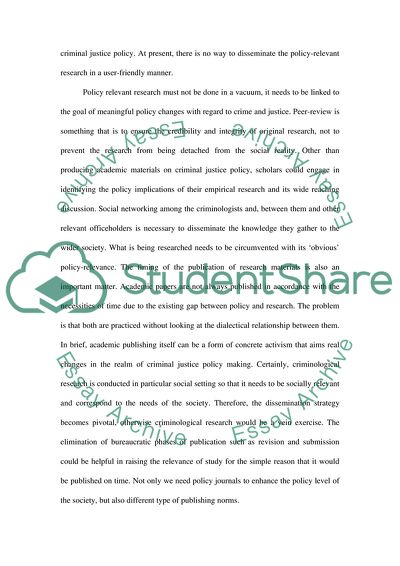Cite this document
(Informing Public Policy Essay Example | Topics and Well Written Essays - 1750 words, n.d.)
Informing Public Policy Essay Example | Topics and Well Written Essays - 1750 words. https://studentshare.org/politics/1718297-immigration-assignment-3
Informing Public Policy Essay Example | Topics and Well Written Essays - 1750 words. https://studentshare.org/politics/1718297-immigration-assignment-3
(Informing Public Policy Essay Example | Topics and Well Written Essays - 1750 Words)
Informing Public Policy Essay Example | Topics and Well Written Essays - 1750 Words. https://studentshare.org/politics/1718297-immigration-assignment-3.
Informing Public Policy Essay Example | Topics and Well Written Essays - 1750 Words. https://studentshare.org/politics/1718297-immigration-assignment-3.
“Informing Public Policy Essay Example | Topics and Well Written Essays - 1750 Words”. https://studentshare.org/politics/1718297-immigration-assignment-3.


